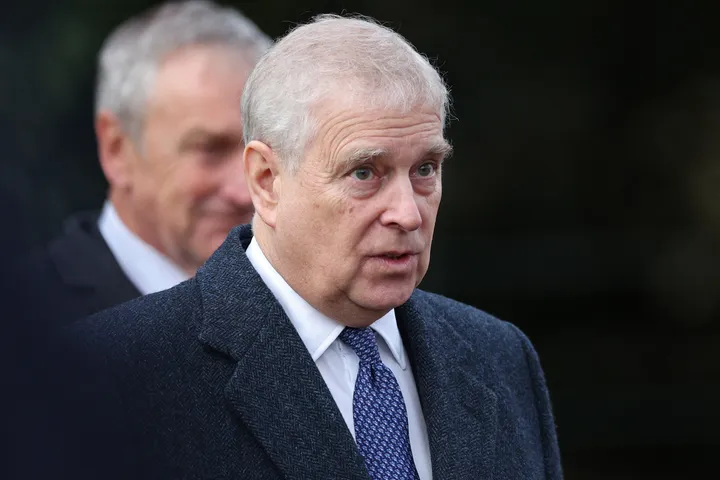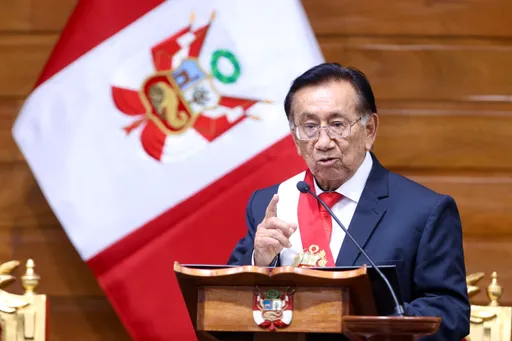Mexicans have voted in a national referendum promoted by President Andres Manuel Lopez Obrador on whether to investigate and prosecute his predecessors for alleged corruption.
Lopez Obrador, a self-styled anti-graft crusader, said the public consultation would strengthen participatory democracy, but critics saw it as little more than a political stunt.
To be binding, 37.4 million people – 40 percent of the electoral roll – must participate, but many voters appear unenthusiastic.
While the "yes" vote could win up to 90 percent, it would be difficult to achieve even 30 percent turnout, said Roy Campos, director of the polling company Mitofsky.
Rosario Gomez was among those determined to vote.
"It's about time these thieves pay!" the 52-year-old market vendor said.
Montserrat Rosas, a 25-year-old civil servant voting in Mexico City, said that although the referendum itself would not put the former leaders on trial, it brings "hope that justice will be done."
Polls opened at 8 am (1300 GMT) and were due to close at 6 pm (2300 GMT), with a quick count of the votes expected late Sunday.
'Political circus'
The National Electoral Institute (INE) set up around 57,000 ballot boxes, compared with more than 160,000 for June's legislative and local elections, and carried out limited promotion activities citing a lack of resources.
That annoyed Lopez Obrador, who has repeatedly criticised the poll body and accused it of endorsing "fraud" in the past.
"It's not true that the INE doesn't want the consultation," said its head Lorenzo Cordova.
Mexico is ranked 124th out of 179 on Transparency International's world corruption perceptions index.
But former presidents can be tried like any other citizen and critics argued that the referendum was unnecessary.
"Waiting for the results of a consultation is making justice a political circus," said Jose Miguel Vivanco, regional director of New York-based Human Rights Watch.
Former National Electoral Institute president Luis Carlos Ugalde argued that if the prosecution has evidence against the ex-presidents, it's not necessary for "the people to tell you yes or no."
Although the vote was Lopez Obrador's brainchild, the 67-year-old has ruled out voting himself because he does not want "corrupt and hypocritical conservatism" to accuse him of vindictiveness.
'Final straw'
The referendum question proposed by Lopez Obrador named five predecessors – Carlos Salinas, Ernesto Zedillo, Vicente Fox, Felipe Calderon, and Enrique Pena Nieto, whose terms in power stretched from 1988 to 2018.
Lopez Obrador has accused them of presiding over "excessive concentration of wealth, monumental losses to the treasury, privatization of public property, and widespread corruption," drawing angry denials.
In the end, the Supreme Court modified the referendum question for a more ambiguous alternative.
"Not even the lawyers understand it," analyst Paula Sofia Vazquez told AFP.
The question read: "Do you agree or not that the pertinent actions be carried out, in accordance with the constitutional and legal framework, to undertake a process of clarification of the political decisions made in the past years by the political actors, aimed at guaranteeing justice and the rights of potential victims?"
Omar Garcia, a survivor of the disappearance and presumed murder of 43 students in 2014, allegedly at the hands of corrupt police and drug traffickers, said listening to the people was valid even if it was not binding.
"It does encourage an end to impunity," Garcia said.
But 59-year-old manager Monica Ortiz-Monasterio had no plan to vote and said it was "the final straw to ask if crimes are prosecuted or left unpunished."
READ MORE:Mexicans vote in mid-term polls seen as referendum on president's agenda




























